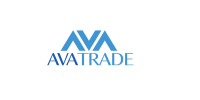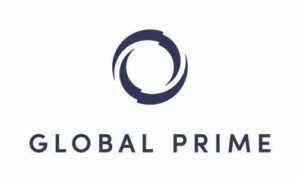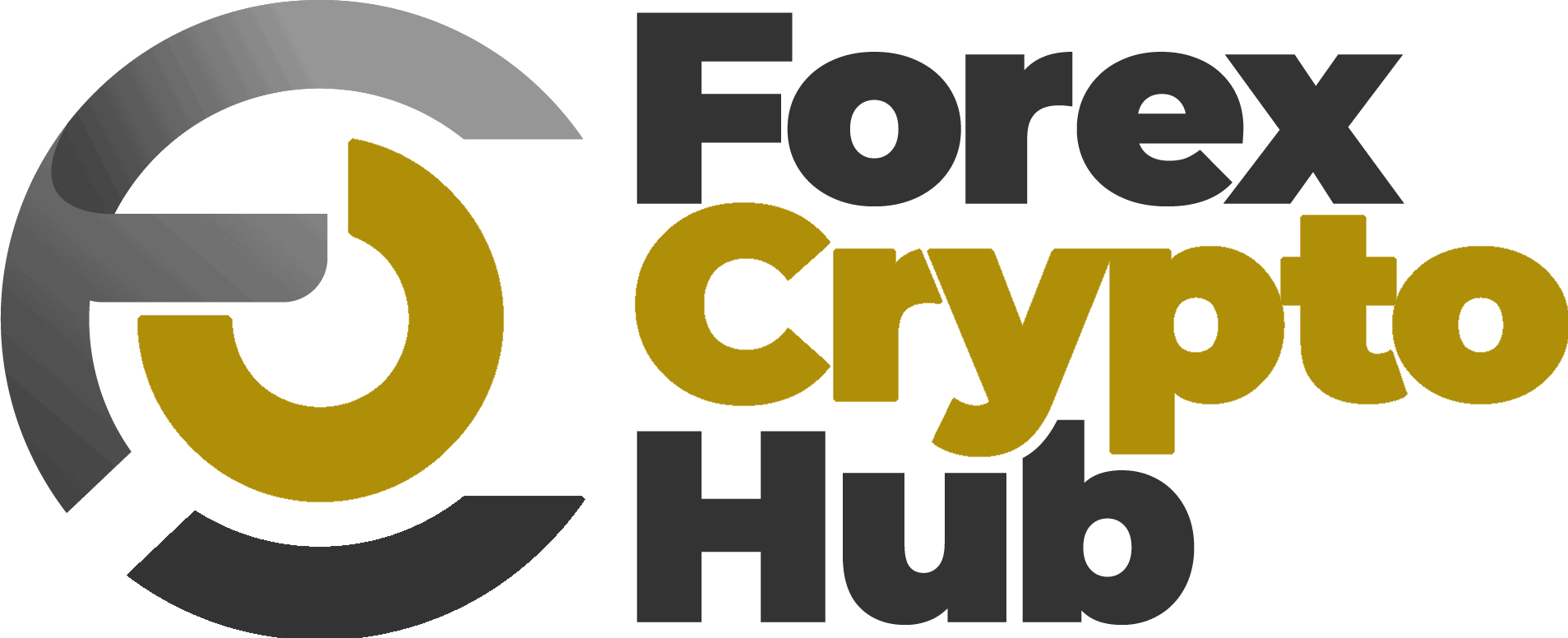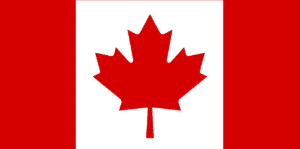Canadian Forex Brokers in 2025

Forex brokers from the USA, UK and Europe are popular, but still, there are Forex brokers in other countries that offer competitive forex services.
Canadian forex brokers offer various compelling benefits for day traders and investors. Forex trading is risky, irrespective of the forex broker you choose.
However, you can enjoy some form of protection for your money, if you choose a regulated forex broker.
Here you will find forex brokers accepting Canadian clients in Canada and even some offshore brokers.
Table of Contents
Why Choose a Canadian Forex Broker?
- CIPF Coverage: Up to $1 million per account if a broker goes bankrupt, a rare but valuable safety net.
- Transparent Practices: CIRO mandates clear risk disclosures, fee transparency, and client fund segregation, reducing fraud risks.
- Local Support: Brokers with Canadian offices (e.g., in Toronto or Vancouver) offer faster customer service and familiarity with local laws.
- Tax Compliance: Easier reporting to the Canada Revenue Agency (CRA) compared to offshore brokers, which may complicate tax filings.
Forex brokers in Canada must provide protection to investors and traders through the Canadian Investor Protection Fund (CIPF).
This insurance guarantees up to $1 million for traders, when the forex broker applies for bankruptcy.
If the brokerage firm is liquidated, traders can get back up to $1 million. This is much greater than the £85,000 offered by the FCA for traders in the UK.
Traders who want to hold millions of dollars in their forex accounts, can safely choose Canadian forex brokers because of the insurance protection.
List of Forex Broker That Accept Canadians
| Broker Name | Canadian Accepted |
| AvaTrade | Yes |
| No | |
| CMC Markets | Yes |
| No | |
| Forex.com | Yes |
| Fortrade | Yes |
| No | |
| Fusion Markets | Yes |
| FXCC | Yes |
| No | |
| FXCM | Yes |
| FXopen | Yes |
| No | |
| Interactive Brokers | Yes |
| No | |
| NordFX | Yes |
| Oanda | Yes |
| Questrade | Yes |
Above is a complete list of Forex brokers that accepts Canadians (updated for 2025). Though all accept Canadian residents, not all brokers are completely safe and some may be unregulated. We recommend the Forex brokers listed below in our top picks for Best Forex Broker for Canadians.

Regulated FX Brokers in Canada
Below you find a list of regulated Canadian forex brokers that have offices in Canada and are fully licensed to operate as a FX Broker.
Forex Regulations in Canada
Forex Regulation by Province
There are provincial FX regulatory bodies for each province such as:
- the Canadian Securities Administrators (CSA),
- The Financial Services Commission of Ontario,
- The Alberta Securities Commission,
- The British Columbia Securities Commission,
- The Financial Transactions and Reports Analysis Centre of Canada,
- The Mutual Fund Dealers Association,
- The Canada Revenue Agency,
- The Office of the Superintendent of Financial Institutions,
- The Ontario Securities Commission,
- The Autorite des marches financiers (Quebec).
In Canada, the governing regulatory bodies differ, with respect to the province of the forex brokers.
This can be confusing for forex traders because the brokers can operate, even without a valid license.
The regulatory environment in Canada is ambiguous because of the internal conflicts, between various regulatory bodies.
Top Picks for Best Forex Broker for Canadians

| Broker Type | ECN |
| Regulations | FSC |
| Min Deposit | $5.00 |
| Account Base Currency | USD |
| Max Leverage | 1:3000 |
| Trading Platforms | Metatrader 4/5 |

| Broker Type | Market Maker |
| Regulations | NFA, CFTC, RFED, FCM |
| Min Deposit | $50.00 |
| Account Base Currency | USD CAD GBP |
| Max Leverage | 50:1 |
| Trading Platforms | FOREXTrader, Metatrader 4 |

| Broker Type | Market Maker |
| Regulations | ASIC, B.V.I, FSA, FFAJ, FSCA, IIROC |
| Min Deposit | $100.00 |
| Account Base Currency | USD EUR GBP AUD |
| Max Leverage | 400:1 / 30:1 EU Clients |
| Trading Platforms | Metatrade 4, AvaTradeAct, Web trading, AvaOptions AvaTradeGO, Mobile trading |
Navigating Offshore Brokers as a Canadian
- Regulatory Risks: Offshore brokers lack CIPF protection, and resolving disputes can be harder without Canadian jurisdiction.
- Leverage Appeal: High leverage (e.g., 1:500) amplifies profits but also losses, unsuitable for inexperienced traders.
- Due Diligence: Verify the broker’s license, read user reviews, and test withdrawals with small amounts before committing large sums.
- Tax Implications: Offshore accounts may trigger CRA scrutiny. Consult a tax advisor to ensure compliance with foreign income reporting.
IIROC Guidelines and Offshore Forex Brokers
Forex Brokers Accepting Canadian Clients

Oanda
Canadians accepted

Forex.com
Canadians accepted

Global Prime
Canadians accepted
Top Features to Look for in 2025
- Regulation: CIRO-regulated for maximum protection or reputable offshore licenses (e.g., ASIC, CySEC) for flexibility.
- Trading Platforms: Support for MetaTrader 4/5, cTrader, or proprietary apps with mobile access for trading on the go.
- Spreads and Fees: Low spreads (e.g., 0.1 pips on EUR/USD) and minimal commissions for cost efficiency.
- Customer Support: 24/5 availability, ideally with Canadian phone or chat options, for quick issue resolution.
- Education and Tools: Free webinars, charting tools, and demo accounts to support beginners and advanced traders alike.
About This Article
Author: Mark Prosz
Sources of information and credits for this post include:
https://www.cipf.ca/
https://www.iiroc.ca/industry/Pages/Dealers-We-Regulate.aspx


